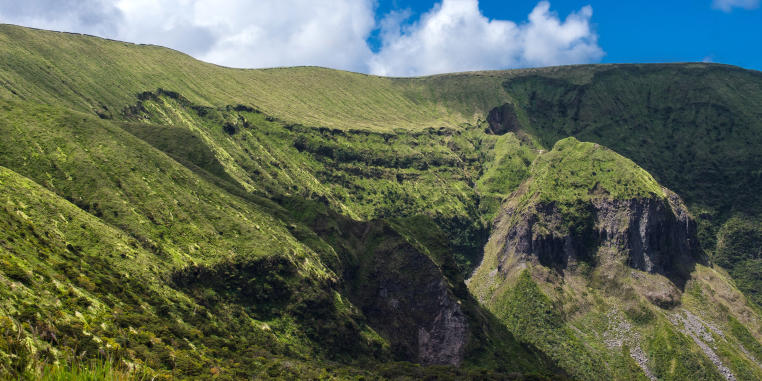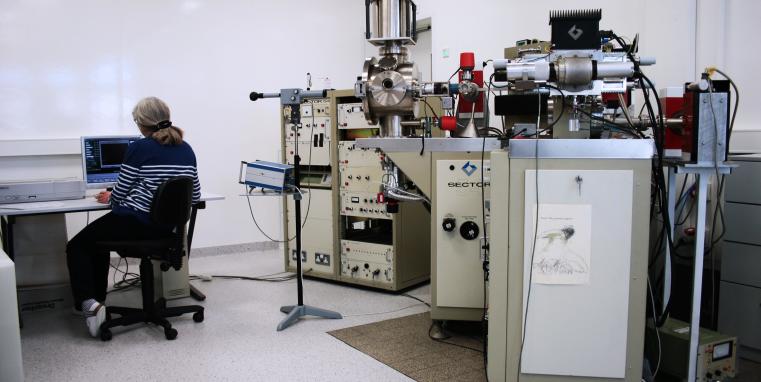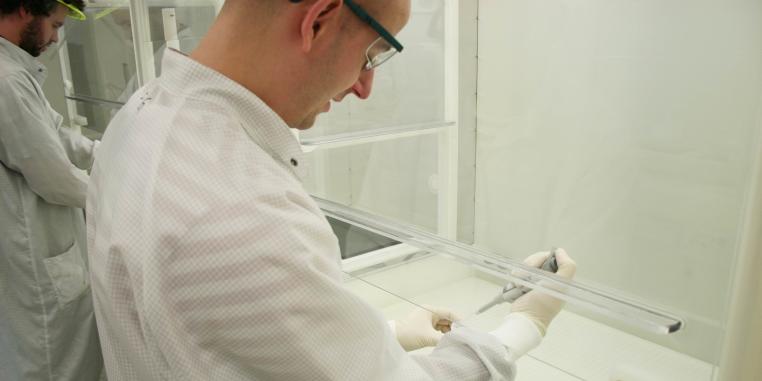









Within this broad theme, our research covers a range of subjects, which include investigating the mechanisms and timing of Earth’s formation, its earliest evolution and differentiation, estimating the bulk composition of major Earth reservoirs, identifying the processes responsible for the evolution of chemical and isotopic heterogeneity in Earth’s mantle and crust, and the mechanisms of melting and melt transport in the Earth’s mantle.
Another major part of our current research effort revolves around acquiring high-precision isotopic dates, mainly with the aim to deduce the timing and rates of processes ranging from those operating in the early solar system and during the early evolution of the Earth and other planets, to geodynamic processes such as plate subduction, mountain building, and crust formation. A further goal is to better understand the fundamental geochemical behavior of geological decay systems (e.g., U-Pb, Sm-Nd, Lu-Hf), evaluate how to use them to their fullest potential, and to extend their use to a wider range of processes.
Constraining the evolution of ocean chemistry is a key task of earth system science, because of its link to evolution of life and climate. Oceanic carbonate formation, for example, is a crucial factor in the global carbon cycle and thus for global climate evolution. Hence investigating the stable isotope variability in the sedimentary (carbonate) record provides important information about paleoenvironmental conditions and past global geochemical cycles. However, most isotope proxies are affected by a range of processes and their pristine isotope signatures are often not preserved over geological timescales, thus it is important to understand how isotope proxy signals are formed and preserved, including processes during biomineralization and diagenesis.